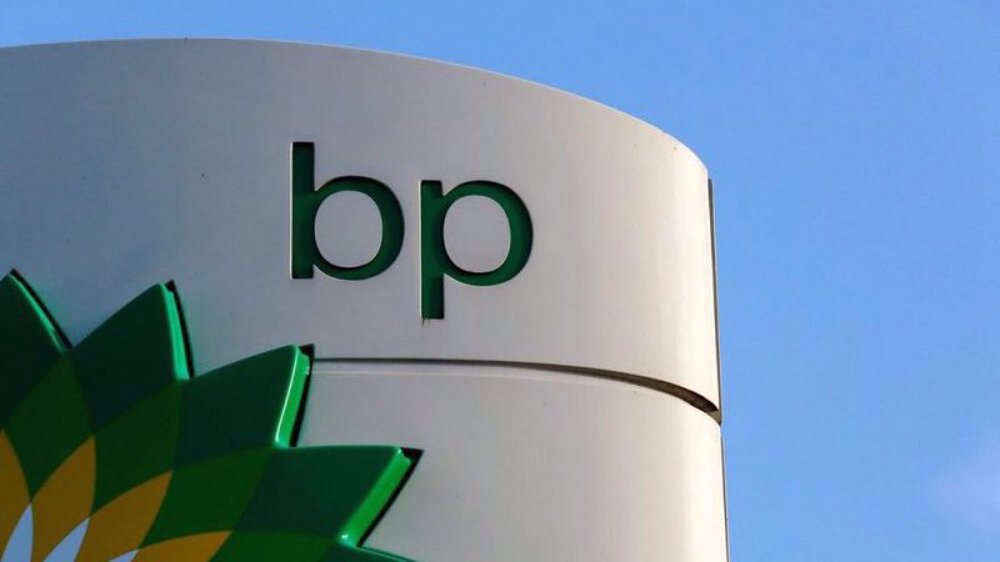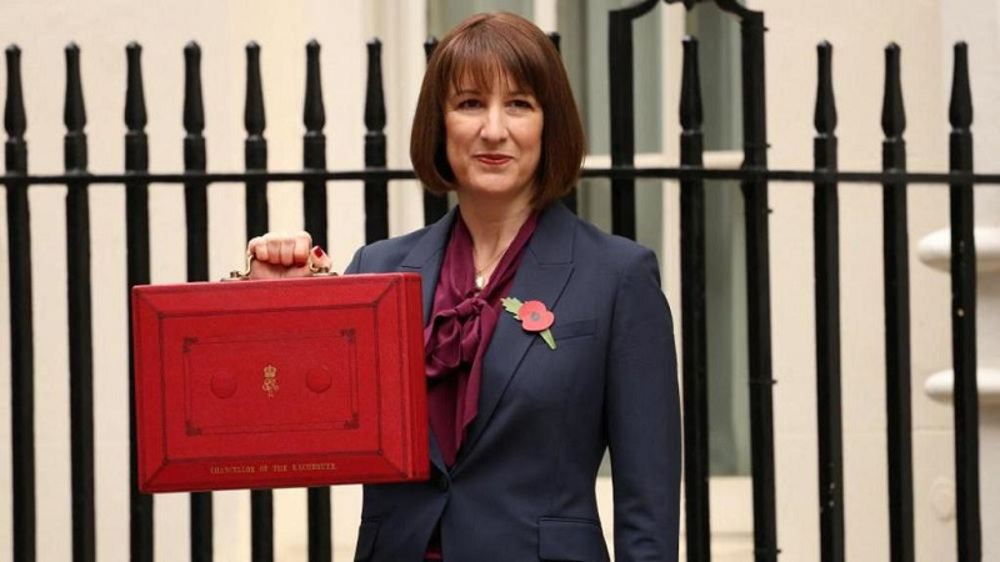Poverty costs UK taxpayers billions annually: Report
The British government is spending billions in tax money to reduce the impacts of poverty across the country, a new report shows.
The report, published by the Joseph Rowntree Foundation (JRF) on Monday, showed that on average each taxpayer should shell out £1,200 a year in order to make up for £78 billion lost to the effects of poverty in the country.
Most of the burden, some £29 billion of it, is borne by the National Health Service (NHS), as poor people are “more likely” to become ill, according to the survey, which was conducted for JRF by Heriot-Watt and Loughborough universities.
Aside from malnutrition and unsanitary living environments, the report said poverty contributed to a surge in mental illnesses in the UK.
The figure stood at £10 billion for schools that are providing poorer students with such initiatives as free school meals and additional funding for disadvantaged pupils.
Some £9 billion was channeled to police and criminal justice system to fight higher crime rates in poverty-stricken areas.
Children's services cost £7.5 billion while another £4.6 was spent on social care for adults. Housing also needed £4 each year, the study noted.
Julia Unwin, JRF’s chief executive, warned that the British society may lose a lot of its potential if “real action” is not taken to tackle the causes of poverty and reduce its impacts on the average taxpayer.
“Poverty wastes people's potential, depriving our society of the skills and talents of those who have valuable contributions to make,” she said. “This drags down the productivity of our economy, hinders economic growth, and reduces tax revenue.”
A government report revealed in May that at least 3.9 million Britons are living in “persistent poverty.”
The report by the Office for National Statistics (ONS) added that Britain’s overall poverty rate increased from 15.9 percent in 2013 to 16.8 percent in 2014.
Humans of Gaza: Dr. Thabat Salim, young Palestinian doctor killed in line of duty
Lebanon complains to UN Security Council over ongoing Israeli attacks
Iran to unveil indigenous remote-sensing Pars-2 satellite next month
US raises bounty for Maduro after Venezuela swears him in
Explainer: Which advanced weapons did Iran test in 'Eqtedar 1403' drills?
London police under fire for banning pro-Palestine rally outside BBC
One killed, several injured in joint US, UK, Israeli strikes on Yemen
VIDEO | Press TV's News Headlines










 This makes it easy to access the Press TV website
This makes it easy to access the Press TV website